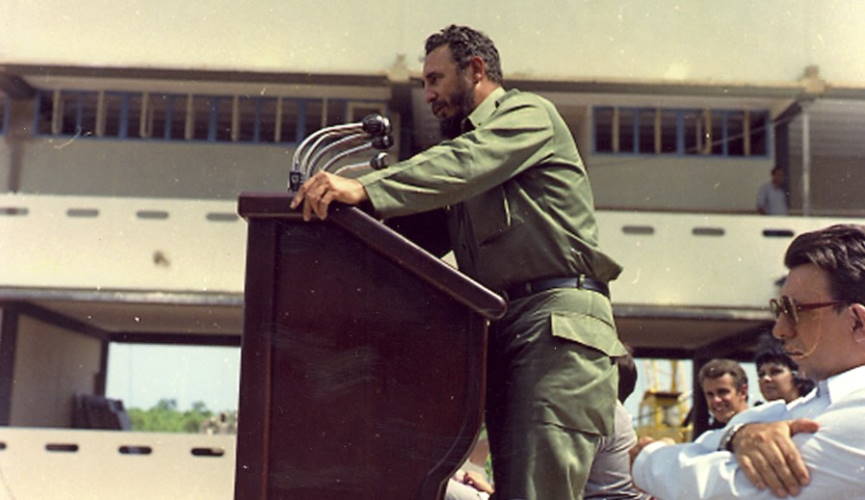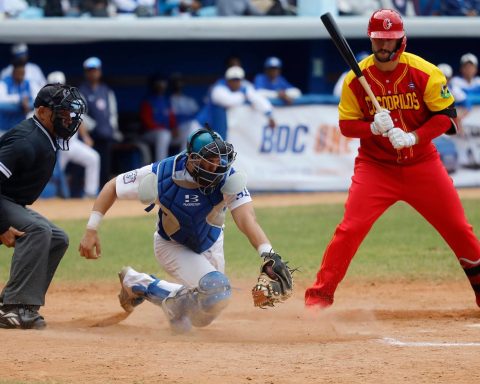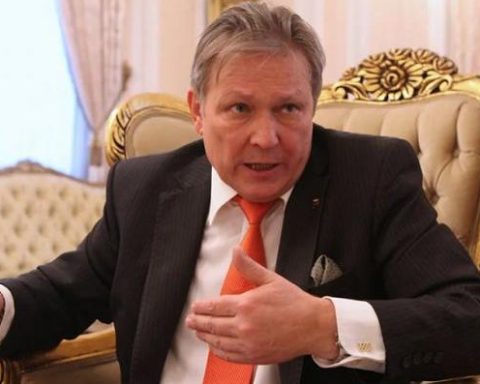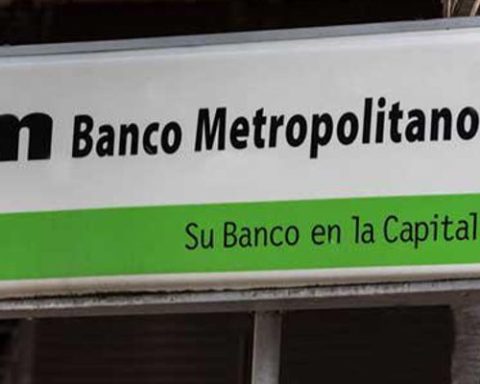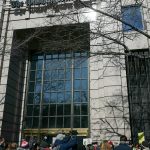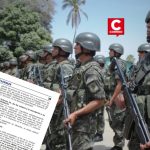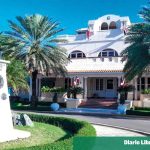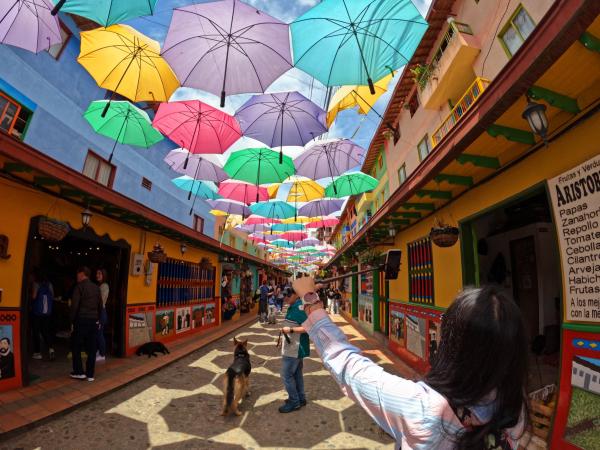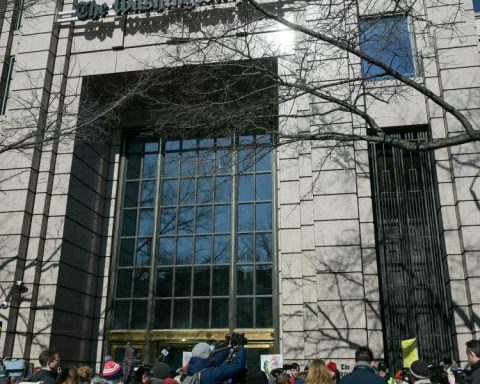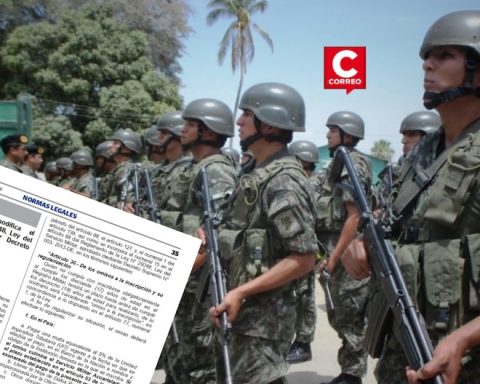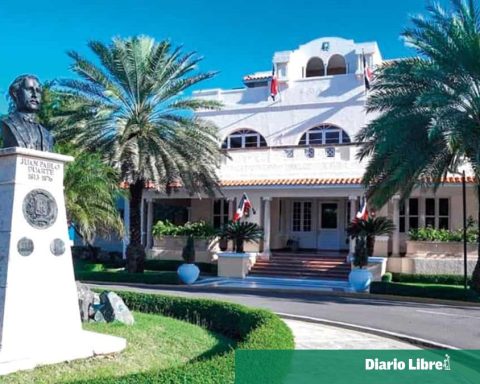Havana Cuba. — In October 1967, Fidel Castro ordered the planting of pangola, a grass to feed cattle. There was so much talk about the pangola that a song by Harry Lewis became popular that had a chorus that said: “pangola, pangola, I want to get pangola”, a veiled satirical insinuation that people would also eat grass.
At that time, Fidel Castro said that the cultivation of rice and sugar cane would increase and he assured that Cuba would eventually export rice and beef. Today there is no meat or milk, most of the rice is imported and the sugar industry is completely bankrupt.
In 1968, to increase the amount of land available for agriculture, Fidel Castro ordered the demolition of thousands of hectares that were occupied by fruit and timber trees. For that task, they acquired 700 Berlitz dump trucks, in addition to earthmoving equipment such as bulldozers, motor graders, compactors and others, all bought in the capitalist market in hard currency.
As a consequence of that plan, most of the fruits disappeared from the markets. Today it is almost impossible to see sapotes, sugar apples, mandarin soursops or pomegranates. Other fruits such as mameyes, lemons, pineapples, melons and guavas fetch exorbitant prices from private vendors when they appear. The only fruit that abounds is the banana and it is sold at 15 pesos per pound.
Precious wood trees are scarce and cannot be felled without special permission from the authorities. Anyone who breaks this law is fined and the wood is confiscated, even if the tree is on their property. As a result of deforestation, many soils are salinized. The rainfall pattern has decreased for the same reason. Today, in the Cuban countryside, in large extensions of land, we only find marabou.
After the failure of the Harvest of the Ten Million in 1970, Fidel Castro ordered the creation of schools in the countryside, whose purpose was to provide scholarships to high school students to indoctrinate them in Marxist-Leninist ideology.
The Maximum Leader contributed his ideas for the design of the schools in the countryside. Made by the prefabricated block system, they had classrooms, bedrooms, laboratories with professional equipment, workshops with imported technology, sports fields and even instruments for music bands.
These schools even had a small primary care hospital with 10 beds and an ambulance on permanent duty to transfer emergency cases.
The food was excellent. There was no shortage of milk, cheeses, meats, sausages, fruits and cans of fish imported from Japan or other products that were sometimes spoiled, which served to justify the looting carried out by the employees.
For the transfer of students, teachers and employees, 2,000 buses were assembled with the chassis of Russian Gaz trucks called Girón.
The first students who enjoyed these benefits were the children of the leaders, who admitted them to them, always with an eye toward guaranteeing their succession.
These schools were first built in the former Habana Campo province and later spread to other regions of the country.
The first of these installations, Ceiba 1, was built in Ceiba del Agua, in what is now Artemisa province. Inaugurated by Fidel Castro, it was surrounded by a large citrus plan that the students would attend.
In the Lenin Schoolsouth of Havana, where future men of science would be trained with a special education system and advantages that other schools did not have, the State invested millions of dollars.
The decline of these schools began when the Soviet subsidy ended. A few years ago, the schools in the countryside were closed because they were unaffordable. The buildings that were not converted into military installations, prisons or shelters for victims of the cyclones, after being looted by the residents of the area, are abandoned, in ruins.
The delirious projects of Fidel Castro had an incalculable cost and originated the current hecatomb of the Cuban economy.
Receive information from CubaNet on your cell phone through WhatsApp. Send us a message with the word “CUBA” on the phone +525545038831, You can also subscribe to our electronic newsletter by giving click here.
